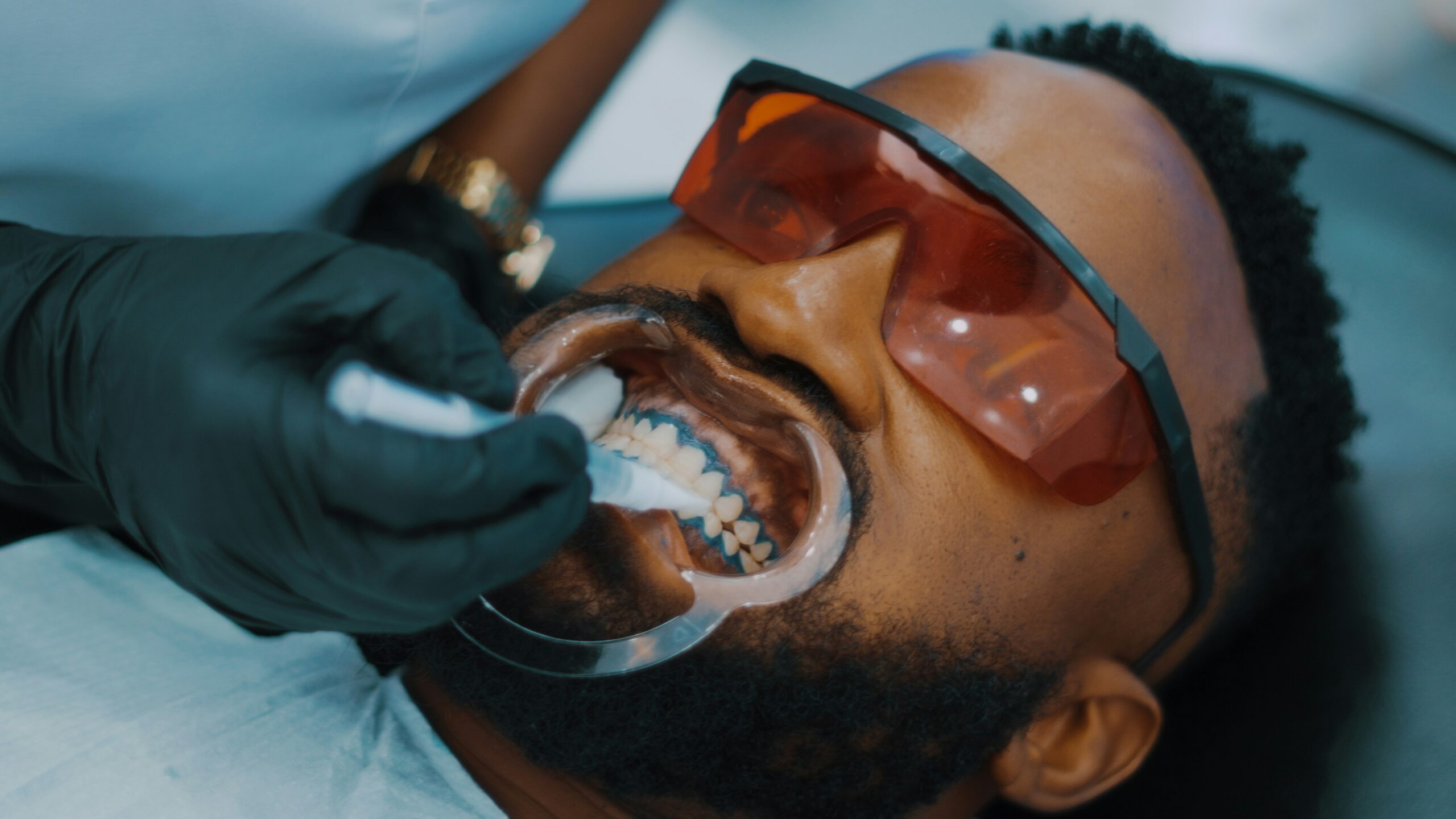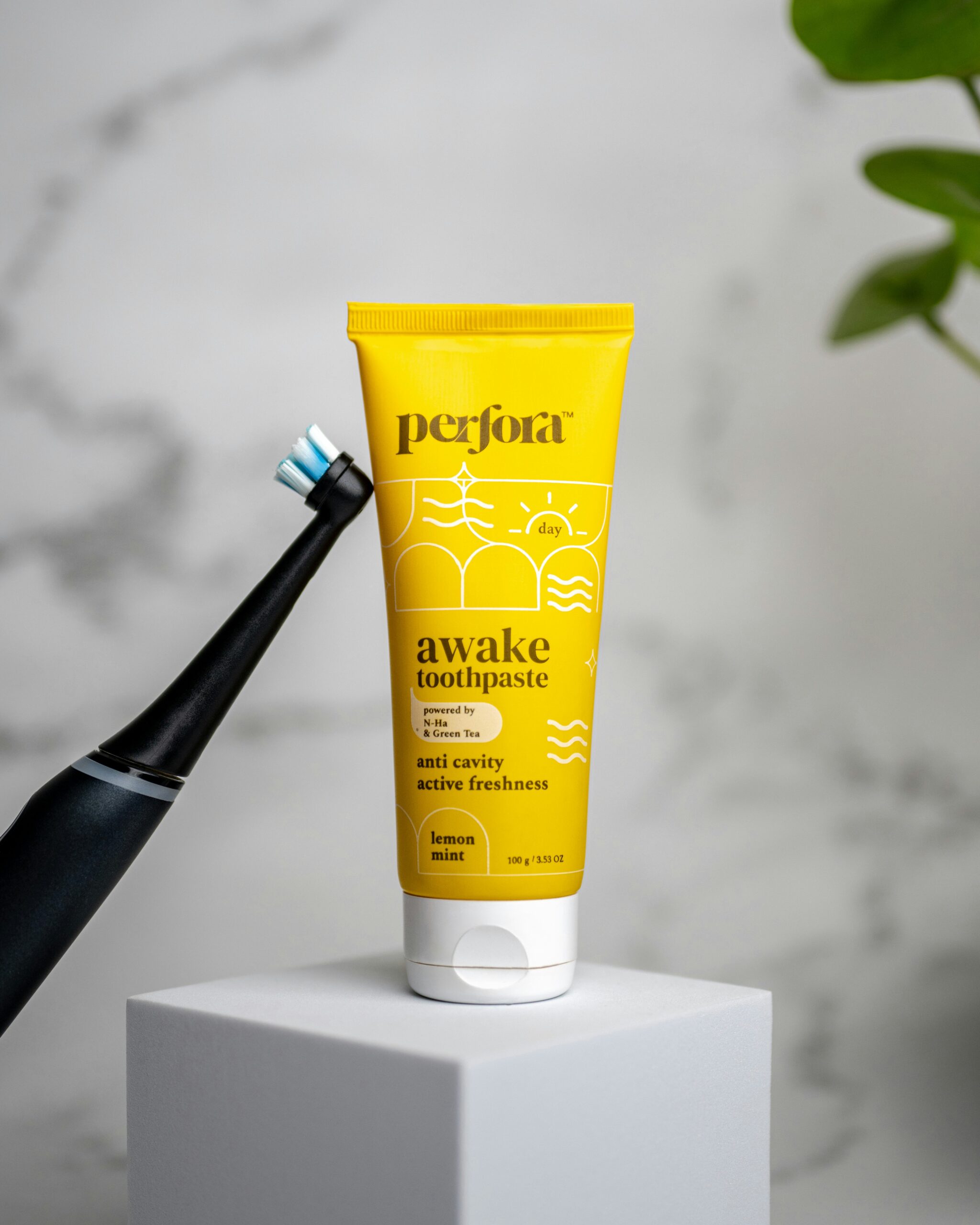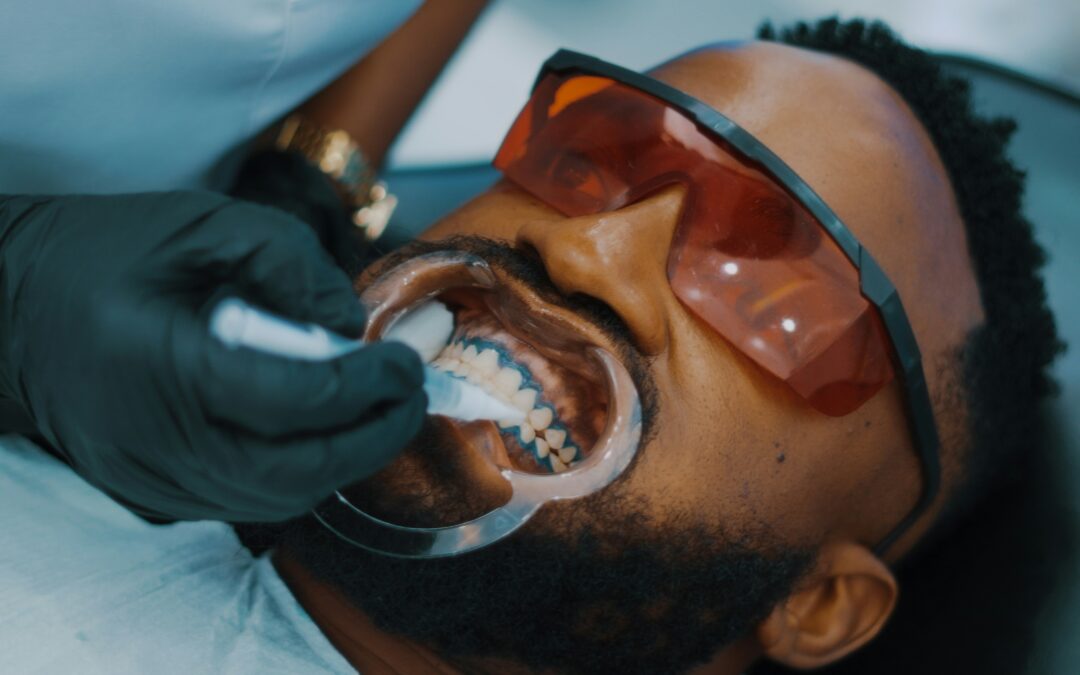“Preventing Teeth Problems: A Quiet Obsession”
Have you ever paused and considered just how vital your teeth are to your overall health and well-being? Often, oral health is overshadowed by more visible aspects of fitness, such as diet and exercise, yet it holds an unspoken importance. This article aims to discuss the complexities and necessities of preventing teeth problems, diving deep into the quiet obsession that many have with maintaining perfect oral health.

The Importance of Oral Health
Oral health is more than just maintaining a bright smile. It’s intricately linked to your overall well-being. Poor oral health can lead to a cascade of other health issues, making it crucial to prioritize preventative measures throughout your life.
Why Oral Health Matters
Oral health impacts more than just your mouth. It has a profound effect on your general health, psychological comfort, and social interactions. Research has linked poor oral hygiene to various conditions such as heart disease, diabetes, and even respiratory issues. Proper oral care is not just about aesthetics; it’s a critical component of a healthy lifestyle.
Common Teeth Problems
Before diving into prevention, it’s essential to identify common teeth problems. These typically include cavities, gum disease, enamel erosion, and tooth sensitivity. By recognizing these issues early, you can take steps to prevent them from becoming severe.
- Cavities: Decay caused by bacteria that turns sugars into acid.
- Gum Disease: Inflammation and infection of gums often due to plaque buildup.
- Enamel Erosion: The wearing away of the outer layer of teeth.
- Tooth Sensitivity: Pain or discomfort in teeth when encountering certain substances and temperatures.
Preventative Measures
Preventing teeth problems requires a multi-faceted approach. It involves daily routines as well as long-term habits. Let’s break down actionable steps you can take to preserve your teeth and, by extension, your overall health.
Daily Oral Care
Maintaining oral health starts with daily habits. These routines might seem simple, but they have a tremendous impact on preventing more severe issues.
Brushing Techniques
Proper brushing is the cornerstone of oral hygiene. Use a soft-bristled toothbrush and fluoridated toothpaste. Brush twice a day for at least two minutes. Holding the brush at a 45-degree angle to your gums will help remove plaque effectively without damaging your enamel.
| Step | Description |
|---|---|
| Choose a Brush | Select a soft-bristled toothbrush |
| Use Fluoride | Ensure your toothpaste contains fluoride |
| Angle and Motion | Hold brush at 45 degrees; use gentle, circular motions |
| Time | Brush for at least two minutes |
Flossing
Flossing is often neglected but is crucial for removing plaque and food particles between teeth where the brush can’t reach. Make it a point to floss once a day.
| Step | Description |
|---|---|
| Length | Use about 18 inches of floss |
| Holding | Wrap around fingers, leaving an inch or two to work with |
| Motion | Gently slide between teeth, curving around each tooth |
Mouthwash
Incorporating an antimicrobial mouthwash can add an extra layer of cleanliness, reducing plaque and gingivitis.
Dietary Considerations
What you eat plays a vital role in your oral health. Sugary and acidic foods can cause damage, while a balanced diet can fortify your teeth.
Foods to Avoid
Sugary foods and drinks, acidic foods, and sticky candies can contribute to cavities and enamel erosion. Limit their intake to protect your teeth.
| Food Type | Example |
|---|---|
| Sugary | Candies, soft drinks, and cookies |
| Acidic | Citrus fruits, wine, and tomato sauce |
| Sticky | Caramels, gummy candies, and dried fruits |
Foods that Benefit Oral Health
Certain foods can actually contribute to stronger, healthier teeth. Dairy products, leafy greens, and fibrous vegetables are excellent for maintaining good oral health.
| Food Type | Example |
|---|---|
| Dairy | Milk, cheese, yogurt |
| Leafy Greens | Spinach, kale |
| Fibrous | Apples, carrots |
Regular Dental Checkups
Routine visits to the dentist are crucial for the prevention of oral health issues. Regular checkups and cleanings can help identify problem areas before they become severe.
Frequency of Dental Visits
Most professionals recommend seeing a dentist every six months. However, depending on your specific needs, your dentist may suggest a different schedule.
| Frequency | Reason |
|---|---|
| Every 6 Months | Standard recommendation for general upkeep |
| Quarterly | For those with higher risk factors like gum disease |
Advanced Preventative Measures
For individuals who are particularly prone to dental issues, more advanced preventative measures may be necessary. These techniques go beyond routine care to offer additional protection.
Dental Sealants
Dental sealants are thin, protective coatings applied to the chewing surfaces of the back teeth. They can prevent cavities by acting as a barrier against bacteria and food particles.
| Step | Description |
|---|---|
| Application | Dentist applies coating to molars and premolars |
| Longevity | Sealants can last for several years |
Fluoride Treatments
Fluoride treatments help strengthen your teeth and prevent decay. These treatments can be particularly beneficial for children, but adults can benefit as well.
| Method | Description |
|---|---|
| Varnish | Applied by dentist as a gel, foam, or varnish |
| Home Use | Prescription-strength fluoride toothpaste or mouthwash |
Orthodontic Care
Orthodontics is not just about appearance; properly aligned teeth are easier to clean and less prone to tooth decay and gum disease.
| Treatment | Example |
|---|---|
| Braces | Traditional metal or ceramic braces |
| Aligners | Clear, removable aligners like Invisalign |
Psychological and Social Factors
While on the surface, preventing teeth problems seems purely physical, there is also a psychological and social aspect to consider. Good oral health can boost your confidence and affect your mental health positively.
Self-Confidence and Oral Health
A bright, healthy smile can significantly impact your self-esteem. This can, in turn, improve your social interactions and quality of life.
Impact on Social Interactions
Poor oral health can lead to bad breath and stained teeth, issues that can inhibit your social interactions and even your professional life. Maintaining excellent oral hygiene can thus improve both your personal and professional relationships.

The Role of Technology
In today’s digital world, technology has also seeped into the realm of dental care. Various gadgets and apps can assist you in maintaining impeccable oral hygiene.
Electric Toothbrushes
Electric toothbrushes can offer a more thorough cleaning than manual options. Many models come with timers to ensure you brush for the correct amount of time.
| Feature | Benefit |
|---|---|
| Timers | Ensure you brush for two minutes |
| Sensors | Alert you if you’re brushing too hard |
Dental Apps
A range of smartphone applications are available to help track your dental care routine and appointments. These can send you reminders to brush, floss, and visit your dentist.
| App Feature | Description |
|---|---|
| Reminders | Sends notifications to brush and floss |
| Tracking | Logs your dental hygiene habits and dentist visits |
Cultural Perspectives on Oral Health
Oral health practices and perceptions vary widely across cultures. Understanding these differences can offer new insights into more holistic approaches to dental care.
Cultural Variations in Oral Hygiene Practices
In some cultures, traditional methods like chewing on sticks from specific trees are commonplace and quite effective. Linguistically diverse populations may also have varying levels of access and attitudes towards dental care.
| Culture | Traditional Practice |
|---|---|
| African | Chewing sticks from the Salvadora persica tree (Miswak) |
| Indian | Using neem twigs for brushing |
Impact of Socioeconomic Status
Accessibility to dental care often depends on socioeconomic factors. Community programs and awareness campaigns can help bridge the gap, ensuring that everyone has the resources needed for proper oral care.
| Factor | Impact |
|---|---|
| Income Levels | Affects access to routine and emergency dental care |
| Education | Influences awareness about oral health practices |

Future Trends in Dental Care
The field of dental care is ever-evolving, with new advancements aimed at making preventative care more effective and less intrusive.
Innovations in Dental Technology
From 3D printing for dental implants to AI-driven dental assessments, technology continues to revolutionize the way we approach oral health.
| Innovation | Impact |
|---|---|
| 3D Printing | Customizable, quick dental prosthetics |
| AI Algorithms | Enhanced diagnostics and personalized care plans |
Importance of Continuous Learning and Adaptation
Staying updated on the latest advancements in dental care can help you make more informed decisions about your oral health.
Genetic Testing
Genetic testing can identify your predisposition to certain dental issues, enabling you to take preventative measures tailored to your genetic makeup.
| Test Type | Use |
|---|---|
| Salivary Tests | Detects levels of bacteria and predisposition to decay |
| Genetic Tests | Identifies susceptibility to gum disease and other issues |
Conclusion
Oral health is an integral part of your overall well-being. By understanding the significant impact it has and taking proactive measures, you can prevent many common teeth problems and enjoy a healthier life. From brushing techniques to dietary habits and advanced preventative measures, each step you take contributes to a quiet obsession with maintaining impeccable oral health. Investing in your oral hygiene is not just about avoiding pain or looking good; it’s about ensuring a higher quality of life, free from the complications that poor dental care can bring.
Taking the time to care for your teeth may not offer immediate, visible rewards, but the long-term benefits are undeniable. Preventative dental care is not merely a task but a lifelong commitment—a quiet yet essential obsession.
